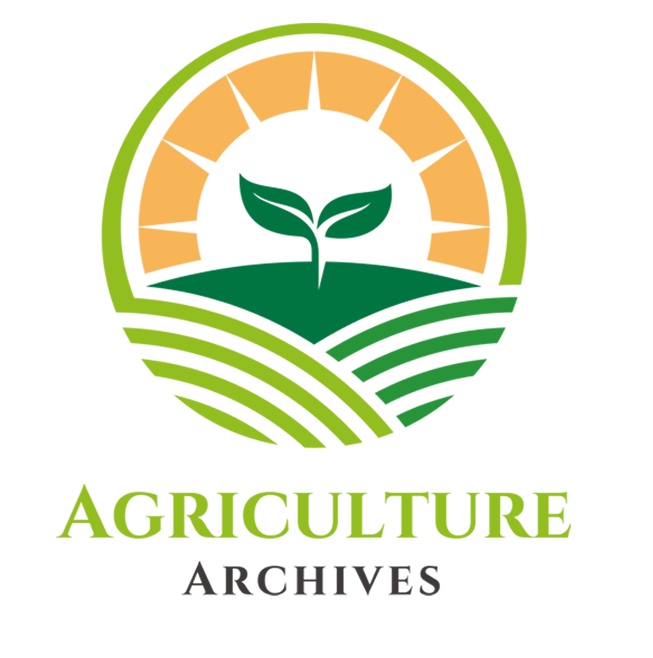Assessment of Soil Degradation Due to Dyeing Effluents in Thangallapally area, Rajanna Siricilla, Telangana
Soil is one of the most vital resources on Earth, supporting life and exhibiting a heterogeneous nature. The use of effluents for irrigating agricultural land is a common practice worldwide, particularly in developing countries where the cost of water treatment remains prohibitive. Irrigation with sewage effluents provides water, nitrogen (N), phosphorus (P), and organic matter … Read more
